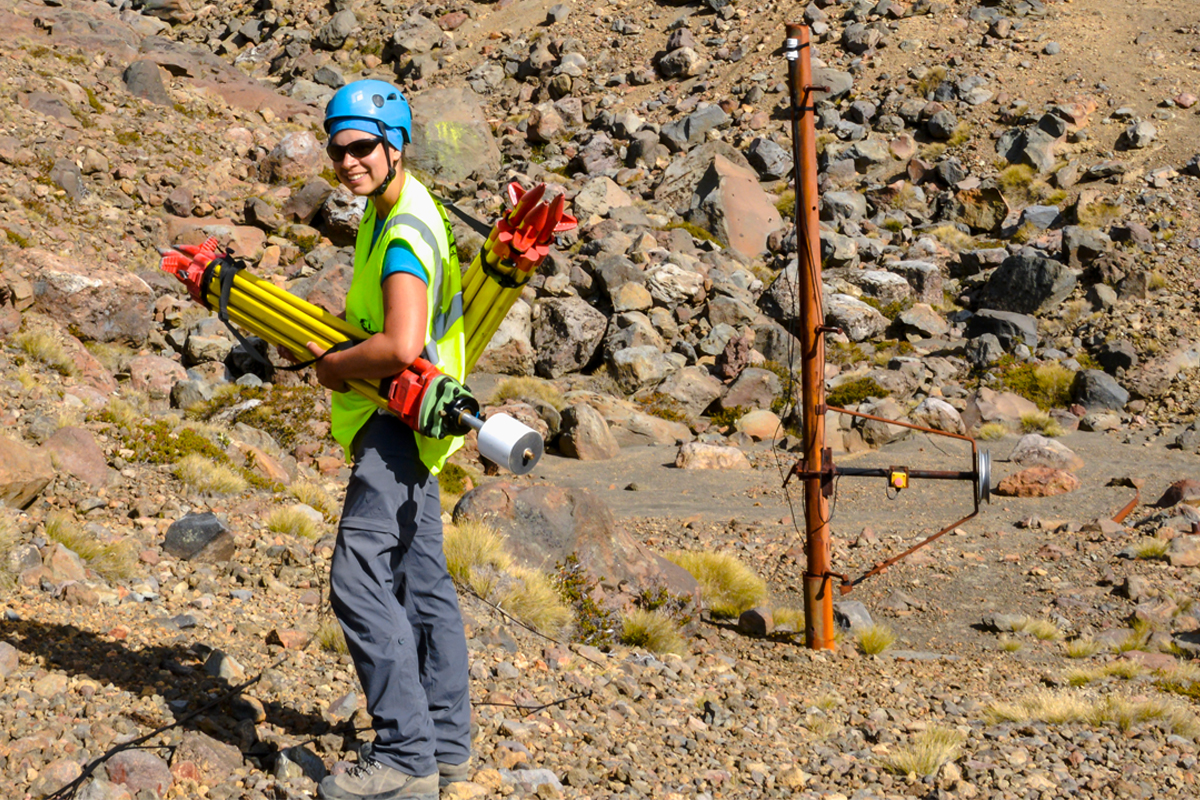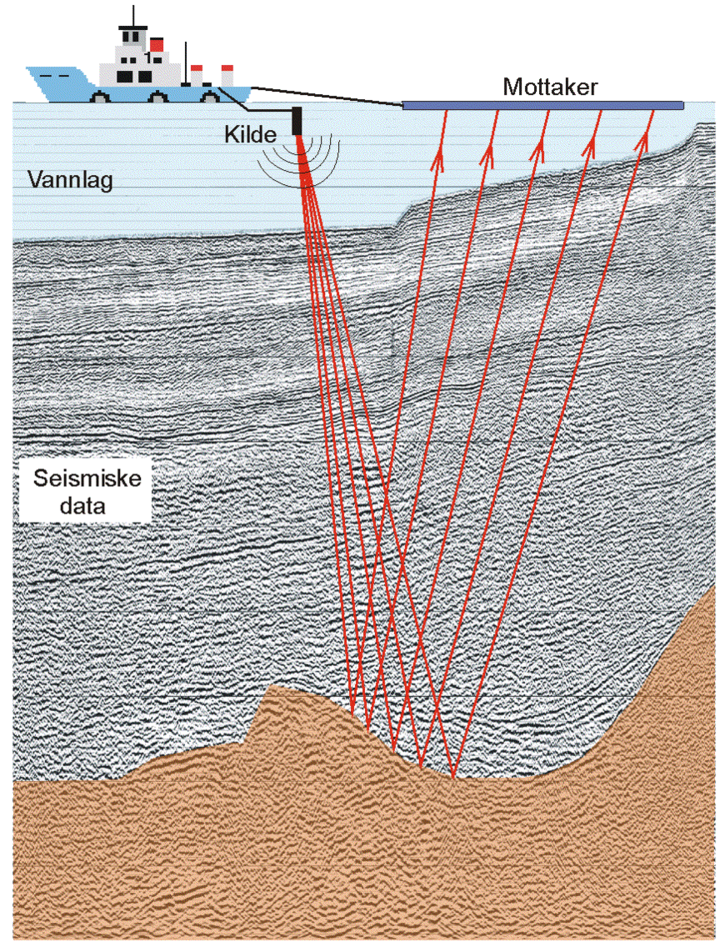All Categories
Featured
Table of Contents
Geophysicist: Job Description, Duties And Requirements in East Fremantle Aus 2023

Other possible geophysicist majors that aren't geophysics or geoscience include: Climatic sciences and meteorology Chemical and physical oceanography Earth science Environmental science Hydrology and water resources science Products science By earning any geophysicist degree, and by taking the required geology courses, you need to certify for an entry-level position as a geoscientist or geophysicist.
Ultimately, trainees should learn: a branch of geology that takes a look at the different elements of minerals, consisting of chemical composition, internal crystal structure, and physical homes. the study of rocks and the procedures and conditions that form and transform them over time. There are a couple of subdivisions in this branch of geology, including igneous, metamorphic, and sedimentary rocks.

This field analyzes structural rock features such as cleavage, faults, joints, and small folds. They need to also find out the computer skills needed to: evaluate data produce digital designs and maps run geoscientists' software application Trainees should likewise take benefit of all opportunities to acquire real-world experience. Ambitious geophysicists must anticipate to spend time knowing: in the class in the field in laboratories Obviously, abilities taught in the class are really essential for aspiring geophysicists.
Introducing Geophysical Surveying in Heathridge Oz 2023
Geoscientists invest a lot of their time outside when working in the field, so they need to possess "outdoor abilities" like camping and operating boats, airplane, and other automobiles. Due to the fact that they invest so much time in remote locations, it's vital that geophysicists also have the physical stamina to bring required equipment on their hikes to places of study.
The job uses: a high average and top earnings a high rate of individual fulfillment among geophysicists low work stress positive task outlook Additional details on earnings capacity and job outlook is detailed below. For trainees looking to land an entry-level function as a geoscientist or geophysicist, it takes four years, or the time required to finish a bachelor's degree in geophysics or an associated discipline.
Some research positions in geophysics require doctoral degrees. If you prepare to teach at a college or university, you need to earn a Ph. D. in geophysics or an associated field. The time it requires to make a Ph. D. varies by institution and program, however it generally takes 4 to six years beyond the bachelor's degree.
Geophysics in Hovea Australia 2023
Many companies need candidates to have a bachelor's degree in geophysics or a closely associated discipline for all entry-level positions. As a result, there's no method around the degree requirements for becoming a geophysicist.
Presently, 31 states need licensing for geologists, although licensing is not constantly needed, specifically for entry-level work. The states that do issue licenses utilize the Principles of Geology Examination (FGE), which is administered through the National Association of State Boards of Geology (ASBOG). Now that you understand which degree for geophysicist tasks you require, you'll need to land a job, and it's crucial to discover just how much cash you can make in this profession.
According to BLS, the median annual wage for geoscientists is $93,580. According to BLS, certain markets use greater earnings for geoscientists, and in some cases, they provide higher-than-average profits.
Job Profiles : Geophysicist Physics in Iluka WA 2022
In reality, mining, quarrying, and oil and gas extraction uses over $32,000 more annually than the average annual wage for this profession. The federal government, too, offers over $10,000 more in revenues than the nationwide average for geoscientists. In addition to industry type, geographical area can significantly impact revenues for this occupation.

The top-paying states and their annual mean salaries, according to the BLS, include: Texas $166,720 Oklahoma $149,630 Pennsylvania $120,590 Hawaii $120,130 Colorado $107,260 These 5 top-paying states offer much greater earnings than the average for this profession. Earnings for geoscientists in Texas are over $73,000 higher than the national average.
It should come as no surprise that most of these high-paying locations are in Texas and Oklahoma, however some are discovered in California, Louisiana, and Colorado. The top 10 highest-paying metro areas for geoscientists are: Houston-The Woodlands-Sugar Land, Texas: $188,400 Tulsa, Oklahoma: $186,490 Midland, Texas: $167,040 Odessa, Texas: $147,080 Oklahoma City, Oklahoma: $145,350 Bakersfield, California: $130,080 Urban Honolulu, Hawaii: $124,470 New Orleans-Metairie, Louisiana: $121,030 Washington-Arlington-Alexandria, DC, VA, MD, WV: $120,180 Denver-Aurora-Lakewood, Colorado: $116,910 For some geoscientists and geophysicists, living in a metro city is not as appealing as residing in a smaller neighborhood.
Table of Contents
Latest Posts
What Is Geophysics And What Do Geophysicists Do? in Butler Western Australia 2022
Geophysical Survey - Archaeological Research in Lockridge WA 2020
Geophysical Investigations in Kelmscott Western Australia 2023
More
Latest Posts
What Is Geophysics And What Do Geophysicists Do? in Butler Western Australia 2022
Geophysical Survey - Archaeological Research in Lockridge WA 2020
Geophysical Investigations in Kelmscott Western Australia 2023